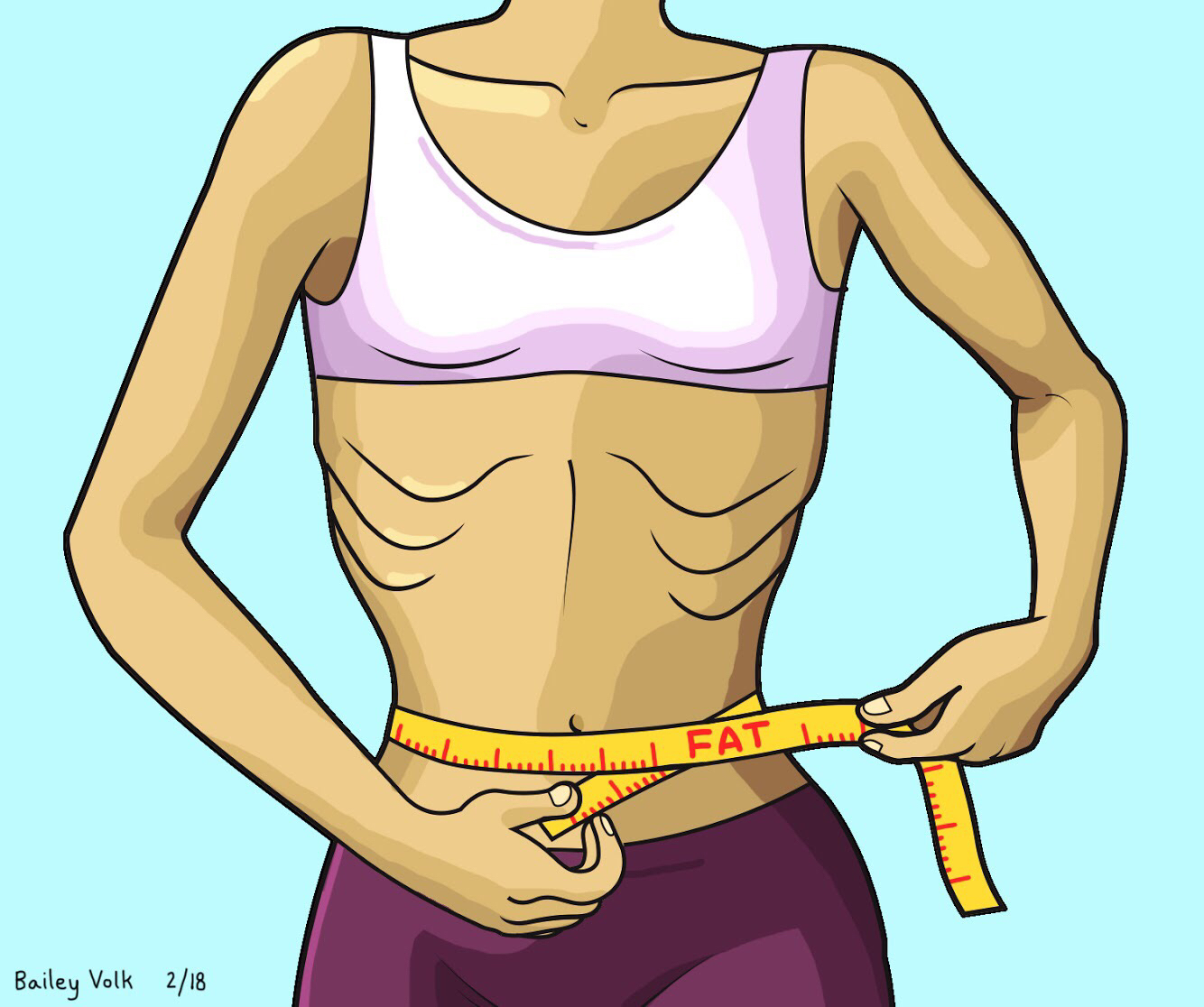Despite being used by many medical professionals, the body mass index is a generally useless metric that can lead to poor body image and false weight classifications.
BMI is a widely used metric that many people, including physicians, use as a measure of health and fitness. According to the National Heart, Lung, and Blood Institute, it is a “measure of body fat based on weight that applies to both men and women.”
Many people try to correlate BMI with health. According to the CDC, BMI does not measure excess body fat, but rather excess weight.
According to NPR, BMI was created by Lambert Adolphe Jacques Quetelet in the early 19th century. His formula was created in order to easily calculate the amount of obesity in a population so the government could direct resources appropriately.
The patent absurdity of using the BMI as an objective standard of measurement is demonstrated when you take Lebron James into consideration. A quick google search will reveal that he is 6 feet 8 inches tall and weighs in at 250 pounds. This places his BMI at 27.5, which falls into the overweight range. Just a cursory glance at the man will tell you that he is decidedly not overweight and that BMI is utter bunk.
BMI takes on a more sinister nature when you consider the possibility that using the BMI scale could trigger people who struggle with eating disorders. According to Livestrong, “a BMI below 18.5 signals a problem may exist, while a BMI below 17.5 — especially in adults — is usually present in people suffering from anorexia nervosa.”
However, BMI does not take into account that someone can have anorexia regardless of their body type. It simply strengthens the stigma and stereotypes already in place for anorexia.
BMI uses an arbitrary, entirely irrelevant mathematical equation without taking into account individual differences and nuances. The attempt to conform to BMI categories and fit a category such as “normal” can lead people down a very dark path.
Our society, educated by social media, movies and television, has been taught to place far too great an emphasis on physical perfection. In the real world, perfection does not exist. It is an empty, vain pursuit that inevitably leads to disappointment.
A person’s worth is not measured by how much they weigh, but by how much they care for others. Our lasting legacy is not our hip-to-waist ratio or the circumference of our biceps, but by how we have given of ourselves to others in this brief life that we are given.



